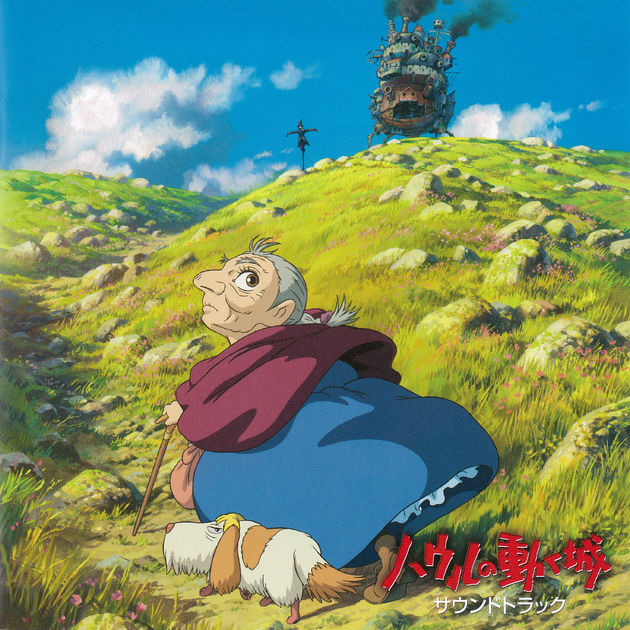Friday
Last semester, Diana Wynne Jones’s Howl’s Moving Castle was one of the hits in my British Fantasy class. (I like Fire and Hemlock better but needed a shorter novel.) The women students felt empowered by how Moving Castle challenges some of the traditional fairy tale structures.
While fantasy, as Bruno Bettelheim points out, can provide powerful imaginative spaces for children to explore fundamental dramas, it can also stunt growth. Jones signals the latter danger right off the bat:
In the land of Ingary, where such things as seven-league boots and cloaks of invisibility really exist, it is quite a misfortune to be born the eldest of three. Everyone knows you are the one who will fail first, and worst, if the three of you set out to seek your fortunes.
In Jones’s fantasy, however, the eldest gets to be the hero although, because she is in the grip of traditional narrative, she unfortunately can’t acknowledge her special powers. The novel tracks her shaking free of her preconceptions.
After her father dies, Sophie Hatter dutifully continues on with her father’s hat stop, believing that it is her sisters—especially her youngest sister—who are destined for greater things. Not believing that she deserves more, she pushes under her dissatisfaction. She breaks free of her boring life only after a wicked witch turns her into an old lady.
Since Sophie doesn’t think much of herself anyway, becoming old isn’t as traumatic as one would think. In fact, as my student Valerie Innocenti argued, the transformation frees Sophie from gender expectations. She can be more combative and can, in the end, acknowledge that she has all the powers of a witch if she chooses to use them. She doesn’t need to hide her light under a bushel.
Student Lil Hanson noted that Sophie essentially sabotages herself; because she feels old and unattractive, she curses herself and literally becomes old and unattractive. Only when she gets out of her own way can she claim her powers, at which point she frees those around her who have been cursed by the wicked witch. Valerie, writing on the novel’s gender issues, noted that many women have difficulty believing in themselves. It can be difficult breaking free of the narratives that control our lives.
Valerie noted that the wizard Howl has his own problem with confining narratives. Because so much is expected of men, he finds ways to dodge responsibility. In the end, neither Sophie nor Howl conforms to traditional gender stereotypes but become confident by working together.
Writing at a time when fantasy was almost the exclusive domain of men (especially of Tolkien and Lewis, who were Jones’s teachers), Jones managed to create fantasies that allowed women room to grow. My students instinctively recognized a fantasy that helped them claim their own powers.


